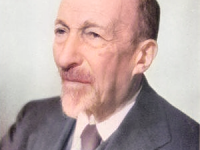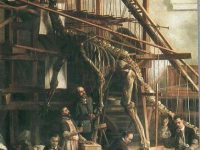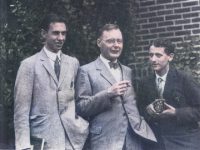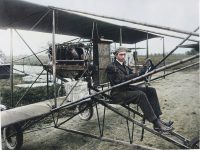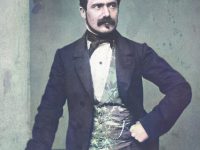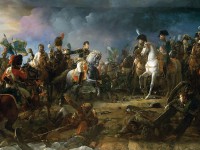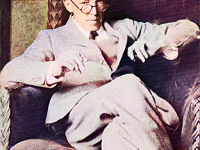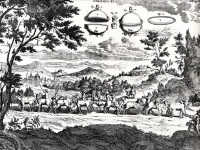Henry Way Kendall and the Scattering of Particles
On December 9, 1926, American particle physicist and Nobel Laureate Henry Way Kendall was born. Kendall won the Nobel Prize in Physics in 1990 jointly with Jerome Isaac Friedman and Richard E. Taylor “for their pioneering investigations concerning deep inelastic scattering of electrons on protons and bound neutrons, which have been of essential importance for the development of the quark model in particle physics.” “While science and technology play critical roles in sustaining…
Read more












